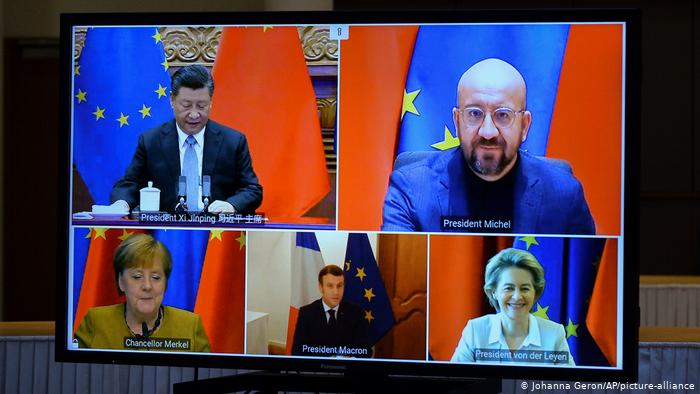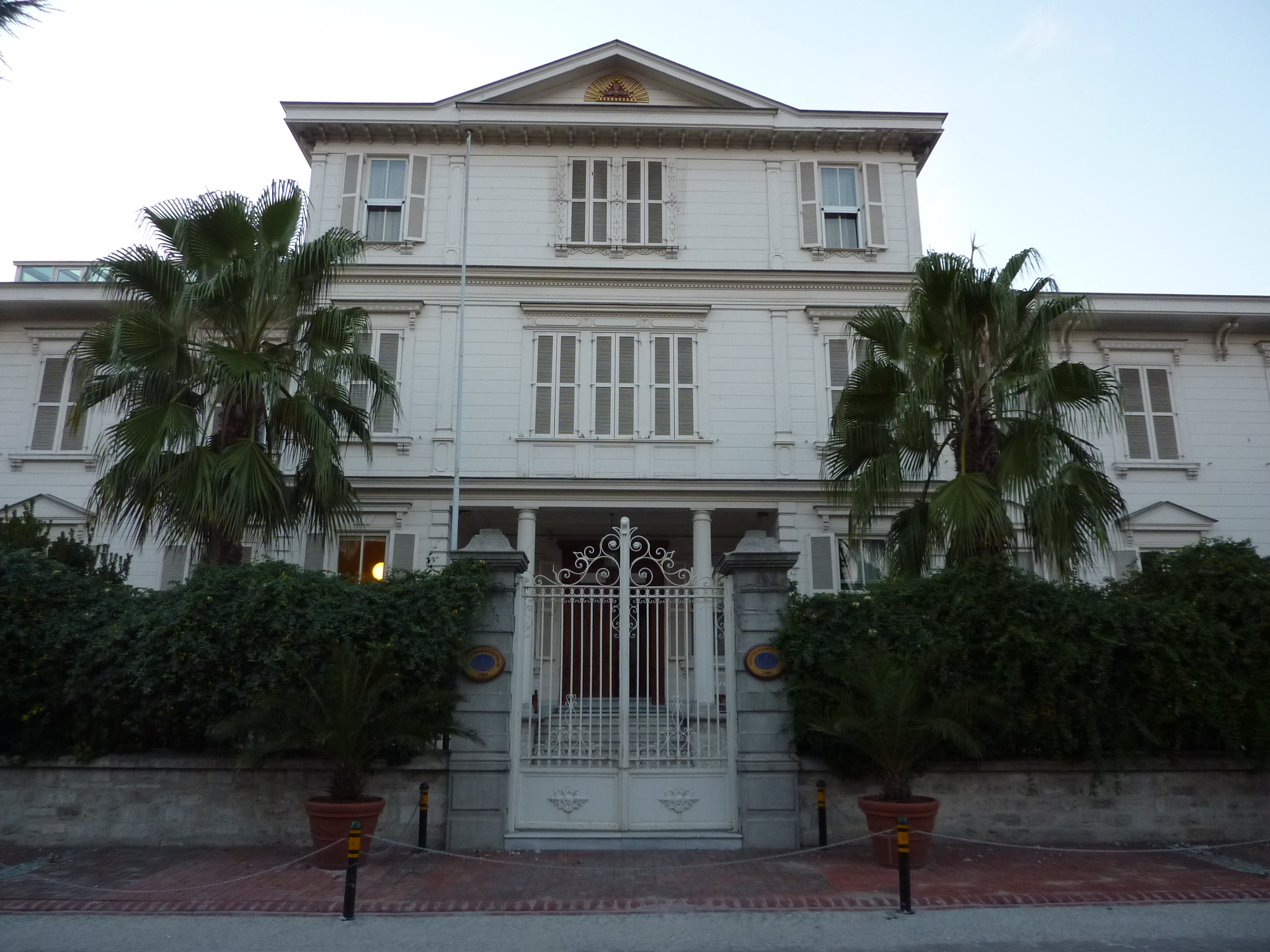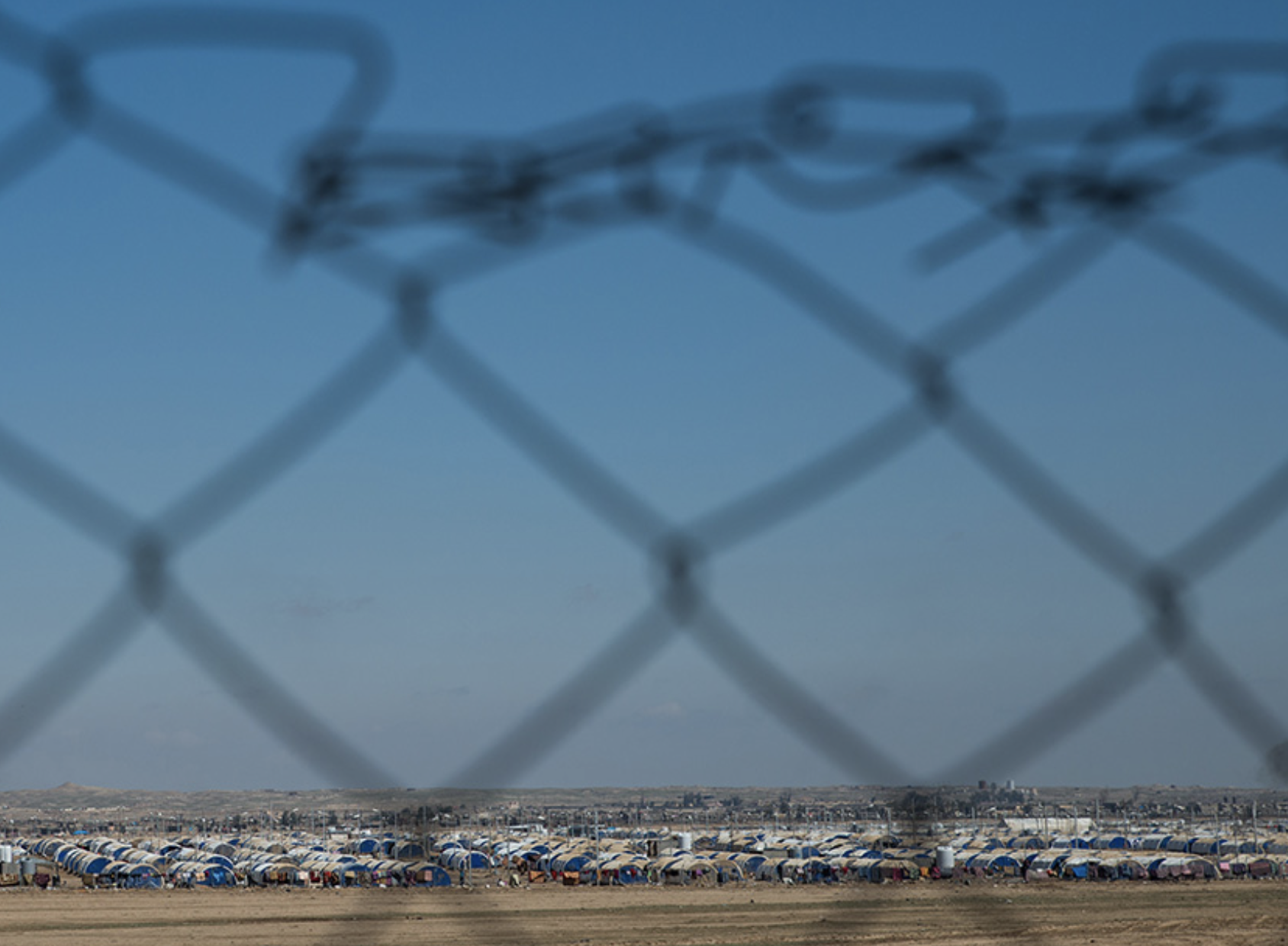After the Turkey-Armenia Protocols were taken off the Armenian Parliament’s agenda last April, it has been seen that the statements of Armenian politicians and particularly of President Sarkisian have become harsher.
The last of these is President Sarkisian’s interview delivered a couple of days earlier to the Russian Moskovskie Novosti newspaper. President Sarkisian has expressed that reconciliation will start when Turkey recognizes the Armenian “genocide”, that there can be no reconciliation without recognition, some are trying to present efforts to normalize relations with Turkey as an attempt for reconciliation, and that true reconciliation will come only after repentance.
One can see that the Armenian President differentiates between the normalization of relations with Turkey and reconciliation with Turkey. Normalization stands for the establishment of diplomatic relations and the opening of the Turkish border. Reconciliation with Turkey means the settlement of all issues between the two countries; in other words, Armenia not making any requests from Turkey.
As mentioned above, Sarkisian has put forth that for reconciliation to take place, it is necessary for Turkey to recognize the “genocide” and to be repent. However, Armenia has other requests from Turkey also.
At the forefront of these requests comes the returning of properties of the displaced individuals and the payment of compensation to their inheritors. This request has first been expressed by the Armenian Deputy Foreign Affairs Minister Shavarsh Kocharyan during the discussions regarding what the task of the Sub-commission on the Historical Dimension mentioned in the Second Protocol will be. On the other hand, on properties and compensation,
the Diaspora has filed a lawsuit in California against the Turkish Government and the Central and Ziraat Banks.
Despite not being expressed by officials of the Armenian Governments, it is known that extreme nationalist circles in Armenia and especially in the Diaspora, with the Dashnaks being at the forefront, have insistently claimed territory from Turkey to be annexed by Armenia.
In summary, after the establishment of diplomatic relations and the opening of the borders in order to reconcile with Turkey, Armenia will also claim from Turkey to recognize the genocide allegations, to repent, to return Armenian properties and moreover, to pay compensation and perhaps to give some territory to Armenia.
We do not have to further dwell on these requests which are not realistic.
Concerning why these kinds of claims are put forth, this could be explained by the Karabakh conflict and Armenia entering an electoral period.
After Turkey wanting some positive developments to take place in the Karabakh issue in order to ratify the Protocols, Armenia’s interest towards the Protocols has decreased and abandoning them has even been considered. However, upon the suggestions of great powers, they have been contented with temporarily taking the Protocols off the agenda of the Parliament.
This situation shows that Armenia attaches greater importance to maintaining their policy towards the Karabakh issue, rather than the normalization of relations with Turkey.
Secondly, it could be understood that taking into consideration the extreme nationalist and populist statements of the Dashnaks and the Heritage Party, Sarkisian and the Republican Party, which he is the leader of, seeks to enter parliamentary elections to be held in the upcoming year and the presidential elections to be held in 2013 with an uncompromising attitude towards Turkey.
In conclusion, apart from some positive developments taking place in the Karabakh conflict, it will not be correct to expect the normalization of Turkey-Armenia relations in the near future. On the other hand, even after normalization of relations is achieved, since the Armenian requests mentioned above will be brought forward in order for “reconciliation” to take place, relations between the two countries will continue to be problematic.
© 2009-2025 Center for Eurasian Studies (AVİM) All Rights Reserved
 THE OTTOMAN LIEUTENANT IS NOW ON DIGITAL SATELLITE TELEVISIONS
THE OTTOMAN LIEUTENANT IS NOW ON DIGITAL SATELLITE TELEVISIONS
 HOW TO UNDERSTAND THE EU-CHINA AGREEMENT ON INVESTMENT
HOW TO UNDERSTAND THE EU-CHINA AGREEMENT ON INVESTMENT
 THE ARMENIAN PATRIARCHATE OF ISTANBUL HAVE MADE THE CORRECT OBSERVATIONS WITH REGARD TO THE ARMENIAN ISSUE
THE ARMENIAN PATRIARCHATE OF ISTANBUL HAVE MADE THE CORRECT OBSERVATIONS WITH REGARD TO THE ARMENIAN ISSUE
 AN ASSESSMENT OF 2015 FOR ARMENIA
AN ASSESSMENT OF 2015 FOR ARMENIA
 THE EU DISCARDS THE IRREGULAR MIGRATION ISSUE IN THE MEDITERRANEAN - 2
THE EU DISCARDS THE IRREGULAR MIGRATION ISSUE IN THE MEDITERRANEAN - 2




























